Microsoft Copilot unpacked: Insights from Virtuoso
Guest blog by Virtuoso
The legal profession has always thrived on precision, strategy and adaptability. As artificial intelligence (AI) reshapes industries worldwide, the legal sector finds itself at a fascinating crossroads.
How can law firms, in-house counsel and legal professionals harness generative AI (GenAI) effectively while mitigating risks? This was the focus of our recent webinar, ‘Embracing GenAI: Navigating AI Opportunities and Challenges in the Legal Sector’, hosted in collaboration with Jayva Global, Ingram Micro and Kent Law Society.
In this guest blog, we’ll explore one of the standout topics discussed: Microsoft Copilot. While it’s easy to get lost in the noise of AI advancements, Microsoft Copilot stands apart by integrating seamlessly with tools you already trust, revolutionising how legal professionals work with their data, enhance productivity and maintain security.
The GenAI era: A balancing act for the modern workplace
The rapid adoption of GenAI is a response to a seismic shift in how and where we work. The COVID-19 pandemic rewrote the rules of workplace dynamics, forcing many to adapt to working from home. While remote work brought flexibility, it also came with its own set of challenges.
At home, many professionals found themselves buried under an increased workload with fewer interruptions to provide natural breaks. Without the casual moments of connection - like chats during coffee breaks - burnout became a common theme. As businesses transitioned back to the office, new pressures emerged, particularly around restoring balance and fostering innovation.
This struggle is reflected in Microsoft’s work trend index, which reveals:
71% of employees lack the energy to complete day-to-day tasks effectively, while more than half need more focus time.
67% of employees struggle to innovate or think strategically.
61% of employees spend too much time searching for critical information.
These numbers highlight an overarching issue: modern workflows often drain energy and creativity, making it harder for professionals to focus on high-value tasks. For the legal sector, where accuracy and efficiency are non-negotiable, this challenge is amplified. That’s where GenAI steps in as a potential game-changer, streamlining mundane tasks and creating space for strategic thinking.
What makes Microsoft Copilot unique?
Microsoft Copilot stands out for its integration within the business ecosystem. Unlike standalone AI tools, Microsoft Copilot works effortlessly within your organisation’s existing framework, combining internal data with external insights while adhering to robust security protocols.
Key features include:
Customisability with Copilot Studio: Tailor AI workflows to suit your data and processes.
Security and privacy by design: Your data remains yours, containerised and inaccessible to external parties.
Streamlined functionality: From automating document creation to simplifying data analysis, Microsoft Copilot enables efficiency at scale.
Imagine returning from a holiday to hundreds of emails. Microsoft Copilot can instantly prioritise them, summarise threads and identify high-priority tasks. It’s not just about saving time, it’s about freeing up cognitive bandwidth for higher-value work.
How GenAI fits into legal workflows
Legal professionals are no strangers to juggling many competing priorities at once. Here are just a few ways tools like Microsoft Copilot can make a serious difference:
Case summaries: Quickly summarise case documents, saving hours of manual review.
Document drafting: Generate polished drafts of legal agreements or letters with ease.
Research support: Navigate vast legal databases efficiently using natural language queries.
For example, a solicitor could use Microsoft Copilot to draft an initial version of a client contract based on a few key points, then refine it with their expertise. This 80-20 approach - where AI handles 80% of the task, leaving the remaining 20% for human judgement - maximises productivity and reduces digital fatigue.
Mastering the art of prompts
AI tools like Microsoft Copilot rely on clear and effective prompting to deliver optimal results. The GCSE framework - Goal, Context, Source and Expectations - helps ensure that interactions with AI are purposeful and productive.
Pro tip: Avoid "AI fatigue" by structuring interactions clearly. Restart conversations to keep responses relevant, especially when switching topics.
The road ahead: Harnessing GenAI’s potential in the legal sector
The potential for GenAI in the legal sector is vast, but its success hinges on thoughtful adoption. By leveraging tools like Microsoft Copilot, firms can strike a balance between embracing innovation and maintaining the trust, security and accuracy that clients expect.
At Virtuoso, we believe that technology should empower, not overwhelm. That’s why we’re excited to see how AI continues to reshape industries and redefine possibilities for professionals across all industries.
Missed our webinar?
Access the full webinar recording and read Jayva’s earlier webinar follow-up blog titled ‘Generative AI solutions laid bare’ to discover how GenAI is transforming the legal landscape right now.


